EP Turkey rapporteur says unification of opposition is 'positive'
The European Parliament's (EP) Turkey rapporteur Nacho Sanchez Amor has said that Europe sees the unification of the opposition in the country as “positive.”
Duvar English
In an interview with ANKA news agency, rapporteur to Turkey for the European Parliament (EP) Nacho Sanchez Amor said that the unification of the opposition in Turkey is “positive.”
He further said that the presidential system implemented by President Recep Tayyip Erdoğan and the Justice and Development Party (AKP) in 2018 had destroyed the parliament and the balance of power in Turkey, according to reporting by online news outlet T24.
He cited the planned return to a parliamentary system currently being designed by six unified opposition parties as “positive.”
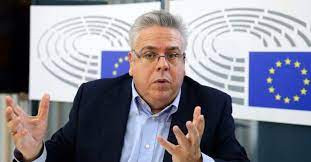
Amor said that the primary goal of his visit to Turkey this week was to meet with opposition parties. He also planned to meet with the ruling AKP, but Numan Kurtulmuş contracted Covid-19. He said that he also planned to meet with the head of the Constitutional Court, the head of the Union of Turkish Bar Associations, and Deputy Foreign Minister Faruk Kaymakçı.
His goal, he said, was to assess the state of the political ecosystem in the lead-up to the planned June 2023 elections.
In the interview, Amor focused on Turkey’s human rights violations, in particular the continued detainment of philanthropist and businessman Osman Kavala, which the EU has condemned. The Council of Europe has initiated infringement proceedings against Turkey for defying its order to release him, and Amor says the trial is a “litmus test” for the country. Most recently, on Feb. 21, a Turkish court ruled to keep Kavala in prison.
“This is a kind of litmus test for Turkey. It's about reliability, predictability, Turkey's commitments to the Council of Europe,” he said.
Per Turkey’s Constitution, decisions made by the Council of Europe, of which Turkey is a founding member, are legally binding. Therefore, Amor says, the decision to keep Kavala behind bars is unconstitutional.
“This is not an intervention from abroad,” he said. “These are your commitments and you have decided to become a founding member of the Council of Europe. And that requires you to comply with your obligations as a member of the Council of Europe.”
He also cited the European view that under the Presidential system, Turkey has become synonymous with Erdoğan and has drifted towards an authoritarian, one-man system.
“For many, there is no one else in the country except Erdoğan. Turkey has no image other than the President. This is very damaging to the image of the country,” he said. He added that “the over-centralized presidential system has not been good for democracy.”
However, he says the collaboration of opposition parties with ideological differences to ensure the return to a parliamentary system is promising.
“I think the fact that there are different parties acting together gives a much more realistic image of the country,” he said.

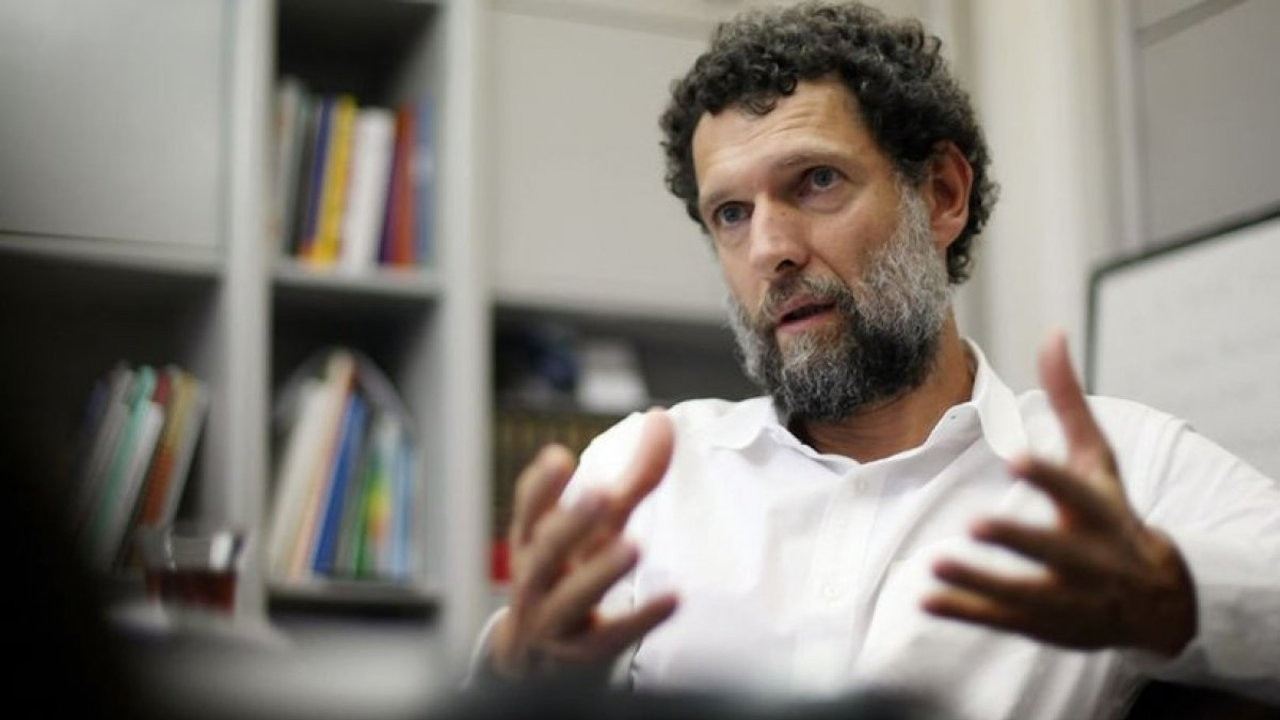 ECHR releases schedule for infringement process against Turkey in Osman Kavala caseHuman Rights
ECHR releases schedule for infringement process against Turkey in Osman Kavala caseHuman Rights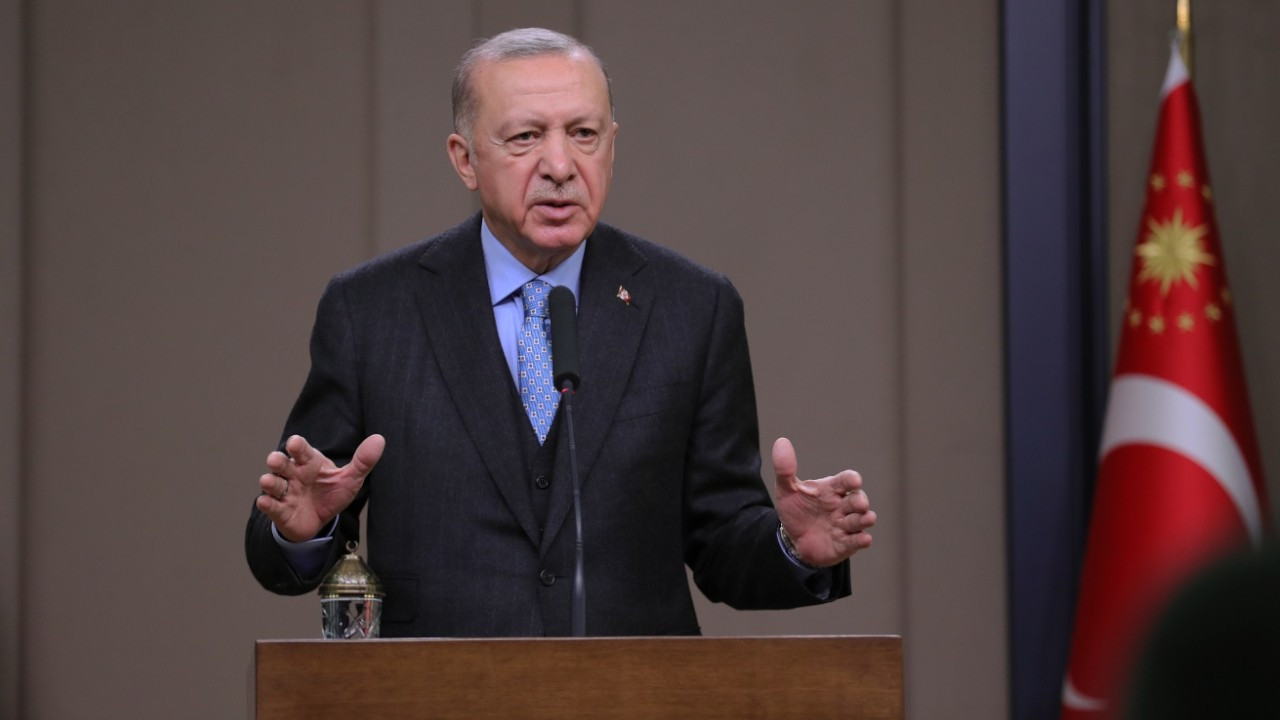 Turkey will not respect Council of Europe's ruling on Osman Kavala, says ErdoğanPolitics
Turkey will not respect Council of Europe's ruling on Osman Kavala, says ErdoğanPolitics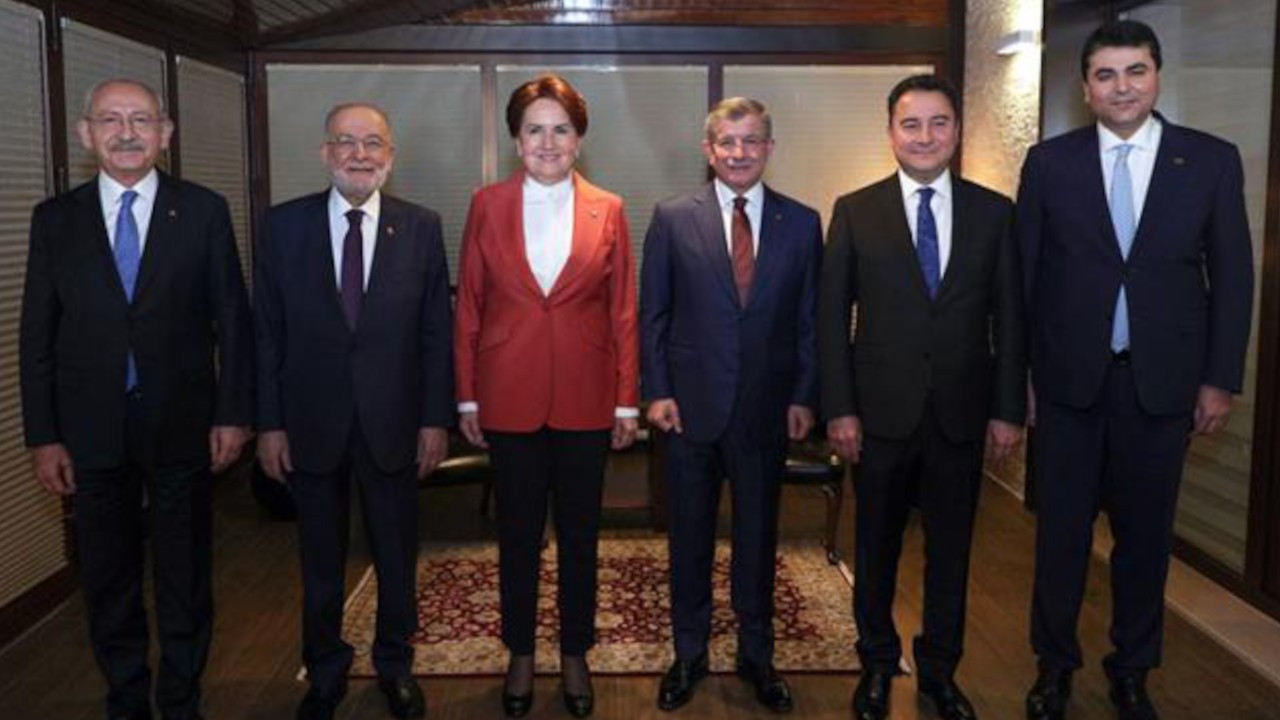 AKP says photo of six opposition alliance leaders shows weakness, not strengthPolitics
AKP says photo of six opposition alliance leaders shows weakness, not strengthPolitics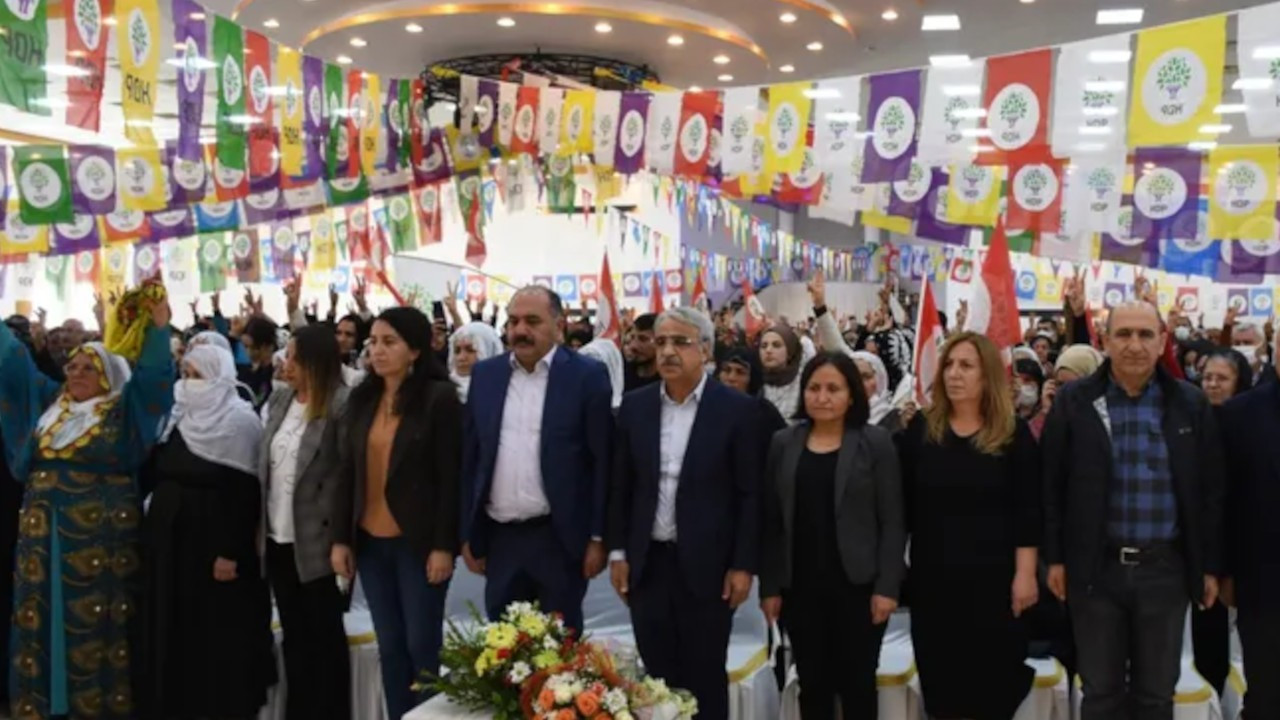 HDP slams its exclusion from opposition meeting, says cooperation necessary for successPolitics
HDP slams its exclusion from opposition meeting, says cooperation necessary for successPolitics